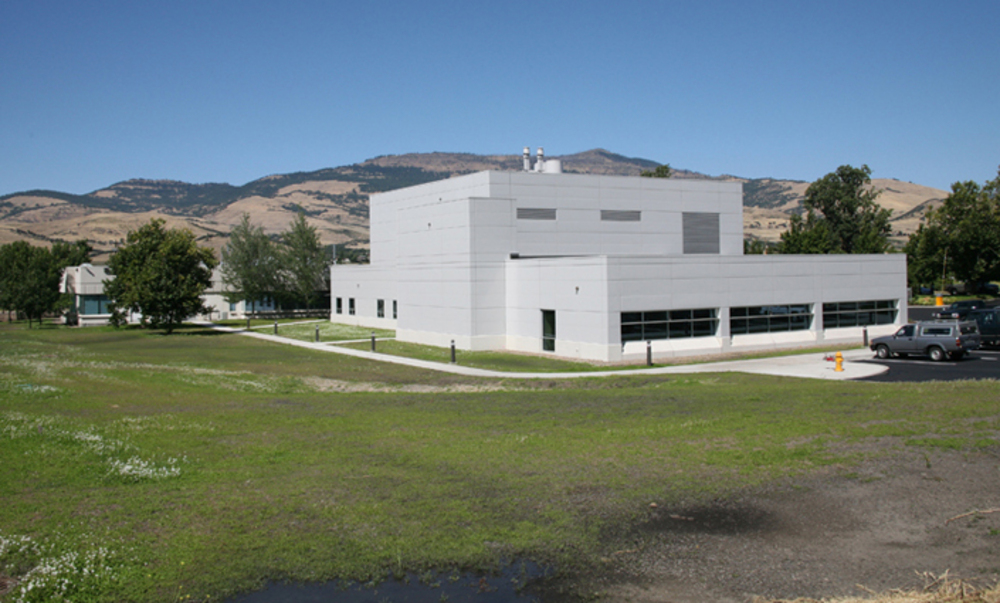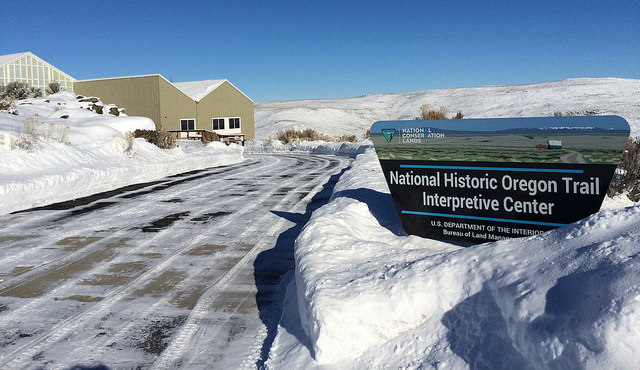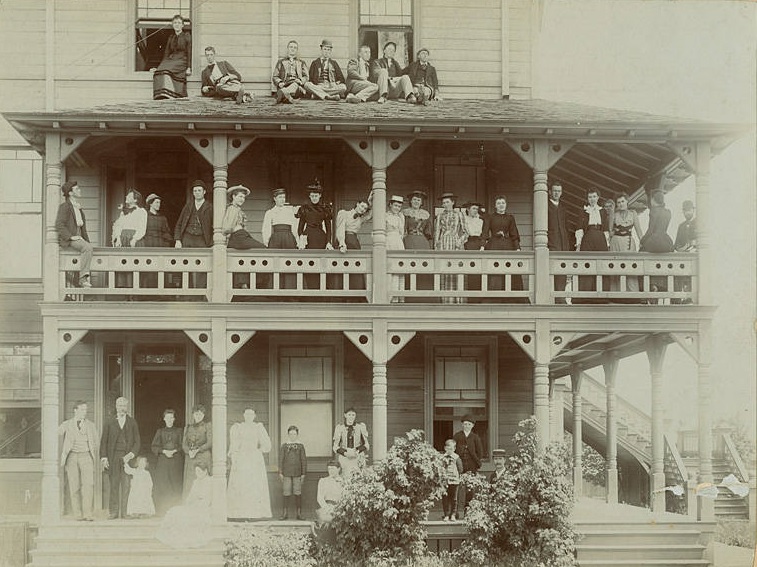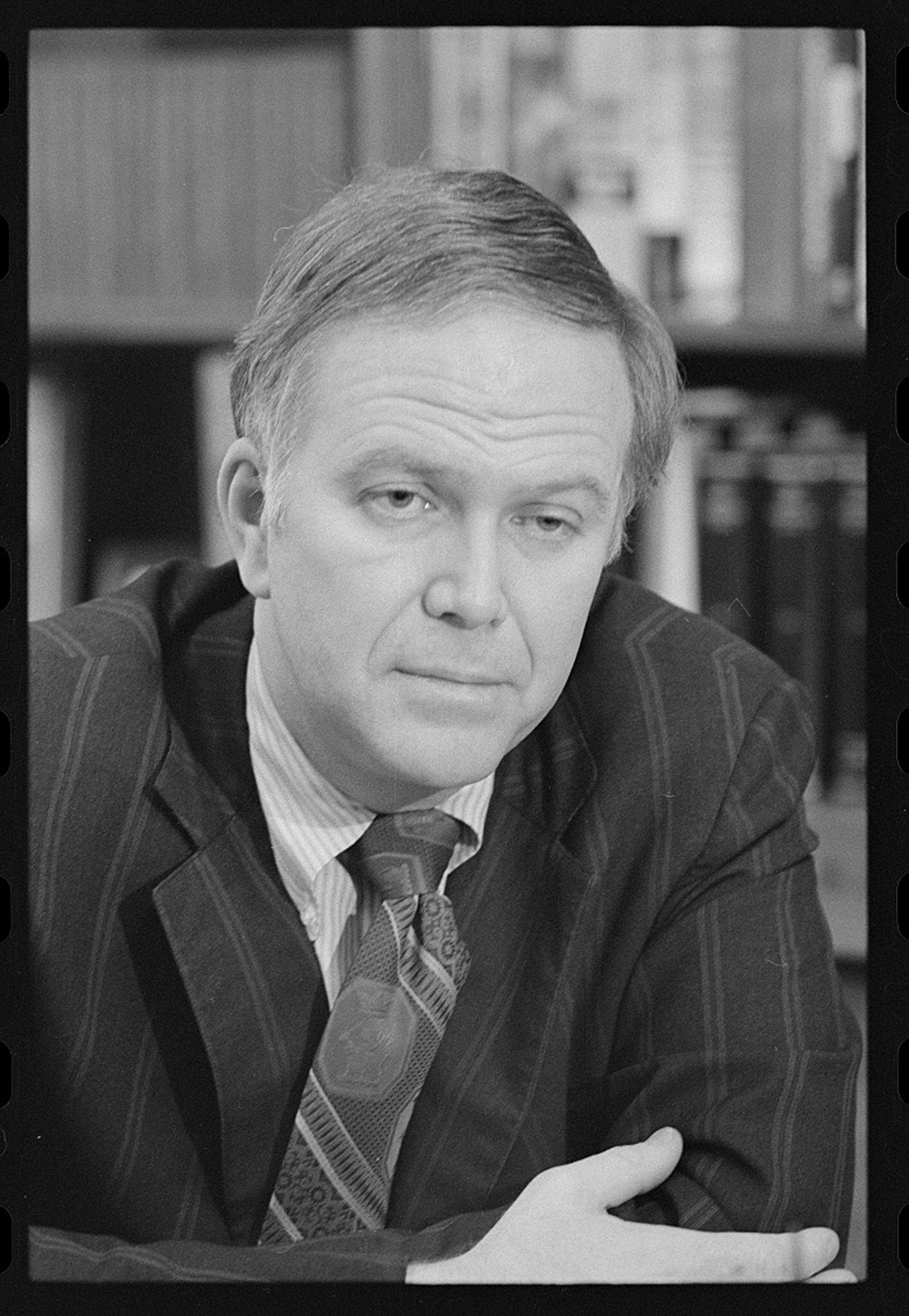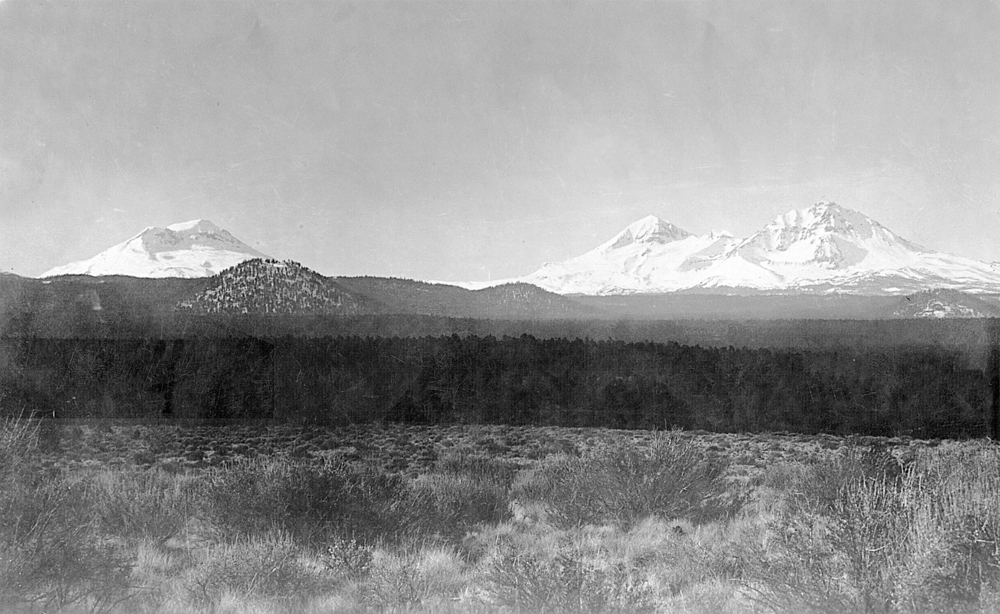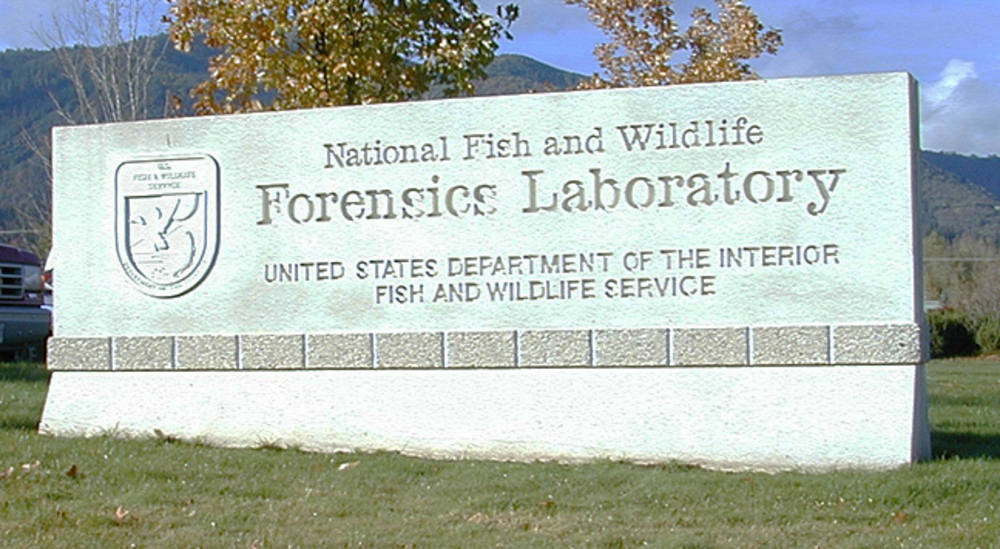Leslie "Les" AuCoin broke a Republican monopoly on Oregon’s First Congressional District in 1974 when he became the first Democrat since statehood to win the seat. AuCoin served nine terms in the U.S. House (1975-1993). He was eighty-fourth in seniority, dean of the Oregon delegation, a whip-at-large, and member of the House Appropriations Committee.
AuCoin was born in Portland on October 21, 1942. His father abandoned the family when Les was four years old, and AuCoin’s mother moved with him and his younger brother to Redmond, where she supported the family as a waitress. At Redmond High School, AuCoin, an all-state basketball player, worked on the school newspaper, his introduction to politics and journalism. In 1960, he was the first male in his extended family to graduate from high school. He attended Pacific University and Portland State University before enlisting in the U.S. Army as a public information specialist. He returned to Oregon and worked for the Oregonian. Beginning in 1971, AuCoin was twice elected to the Oregon House of Representatives (1971-1974) and was selected majority leader in 1973 at the age of thirty-one.
In 1988, at the peak of his career, the Oregonian described AuCoin as “the most powerful congressman in Oregon and one of the most influential members from the Northwest.” He banned oil exploration off the Oregon-California coast, helped secure funds for the construction of light rail from Portland to Gresham and Hillsboro, and supported the reconstruction of Tillamook’s south jetty and Crater Lake Lodge. He helped create the U.S. Fish & Wildlife Forensics Laboratory in Ashland, the Seafood Consumer Research Center in Astoria, the Oregon Trail Center at Baker City, and the Lewis & Clark Visitors’ Center at Fort Clatsop.
As a member of the Defense Appropriations Subcommittee in the House of Representatives, AuCoin was a leading opponent of weaponizing space, arguing against President Ronald Reagan’s Strategic Defense Initiative and successfully helping to legislate a ban on testing anti-satellite weapons—the first time arms control was enacted by statute. He was an official observer to the Geneva Strategic Arms Reduction Talks (START).
In AuCoin’s second term, his amendment to partially normalize trade with China was the first such measure to reach the House floor (1978), presaging the establishment of full relations between the United States and China a year later. He led Oregon businessmen on the nation’s first state trade mission to China in 1979.
AuCoin traveled to Central America in the 1980s, documenting human rights abuses by U.S.-backed regimes in El Salvador and Guatemala and Contra irregular forces in Nicaragua. He was considered an expert in conventional arms and worked to develop an infantry anti-tank weapon that some military scholars believe “revolutionized” the ability of infantry to fight armor in land warfare. He also led House pro-choice supporters to oppose the ban on Medicaid funding of abortion services for poor women, and he supported passage of the Brady Handgun Control Act.
At home, AuCoin blocked mining in Oregon’s Three Sisters Wilderness and helped write the legislation for a 200-mile coastal zone to protect offshore fisheries. He worked to preserve Cascade Head on the Oregon Coast, helped stop the construction of Salt Caves Dam on the Klamath River, and fought chemical weapons incineration at the Umatilla Army Depot. He won the Distinguished Achievement Award from the Sierra Club for co-writing the Oregon Wilderness Act of 1984, which doubled wilderness in the state’s federal forests.
AuCoin and Senator Mark O. Hatfield, joined by Representative Norman D. Dicks and House Speaker Tom Foley from Washington, were criticized in 1990 for stepping in when a federal judge placed a ban on Forest Service and BLM timber sales in the region. The judge cited the agencies’ failure to produce a recovery plan for the endangered northern spotted owl. Faced with a wave of job losses in Oregon and Washington, legislators passed a measure to grant more time for the plan’s development by setting aside the injunction, providing a two-year sales program of five billion board feet, and banning logging in spotted owl habitat. The bill recognized, for the first time, old-growth forests and directed the agencies to minimize their fragmentation.
In 1992, AuCoin gave up his House seat to challenge incumbent Senator Robert Packwood. Packwood accused AuCoin of being an “environmental extremist” and, with a 3-to-1 spending advantage and timber industry support, Packwood was reelected, 52 to 48 percent.
AuCoin taught at Southern Oregon University and is an author and writer of several books, including a memoir, Catch and Release: An Oregon Life in Politics (Oregon State University, 2019). He is a former lecturer at Syracuse University’s National Security Studies Program, advisor to the Pentagon’s U.S. Joint Forces Command, and a director of the Federal Home Loan Bank of Seattle and Teton Heritage Builders, Inc., a construction firm based in Jackson Hole, Wyoming, and Bozeman, Montana. AuCoin and his wife Susan live in Portland.
-
![Les AuCoin]()
Les AuCoin.
Les AuCoin Courtesy U.S. House of Representatives
-
![]()
Southern Oregon University.
Courtesy Southern Oregon University
-
![U.S. Fish & Wildlife Service Forensics Laboratory.]()
USFWS Forensics Lab building.
U.S. Fish & Wildlife Service Forensics Laboratory. Courtesy U.S. Fish & Wildlife Service Forensics Laboratory
-
![]()
Three Sisters Wilderness Area.
U.S. Bureau of Land Managment
-
![Replica of Fort Clatsop]()
Replica of Fort Clatsop.
Replica of Fort Clatsop Courtesy Oreg. Hist. Soc. Research Lib., OrHi100550
Related Entries
-
![National Historic Oregon Trail Interpretive Center]()
National Historic Oregon Trail Interpretive Center
The National Historic Oregon Trail Interpretive Center is located five …
-
![Pacific University]()
Pacific University
Pacific University, one of the oldest universities in the American West…
-
![Robert W. Packwood (1932- )]()
Robert W. Packwood (1932- )
Robert William "Bob" Packwood, a prominent United States Senator for tw…
-
Three Sisters Wilderness
The Three Sisters Wilderness area in the central Cascade Mountains has …
-
![U.S. Fish and Wildlife Forensics Lab]()
U.S. Fish and Wildlife Forensics Lab
Who nailed a protected spotted owl to a park sign? Are ivory tusks from…
-
![Umatilla Army Depot]()
Umatilla Army Depot
In 1940, the U.S. Army identified twenty thousand acres straddling the …
Related Historical Records
Map This on the Oregon History WayFinder
The Oregon History Wayfinder is an interactive map that identifies significant places, people, and events in Oregon history.
Further Reading
AuCoin, Les. Inalienable Rights, Fundamental Freedoms: A U.N. Agenda for Advancing Human Rights in the World Community. New York: United Nations Association-USA, 1996.
AuCoin, Les. Wildfire: 100 Years Of Failed Forest Service Management. Washington, D.C.: Island Press, 2006.
Aucoin, Les. Catch and Release: An Oregon Life in Politics. Corvallis: Oregon State University Press, 2019.
Johnson, Robert David. Congress and The Cold War. New York: Cambridge University Press, 2005.
Roberts, Betty. With Grit and By Grace: Breaking Trails in Politics and Law. Corvallis: Oregon State University Press, 2008.





